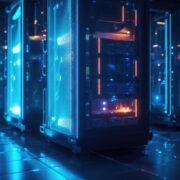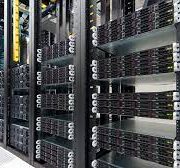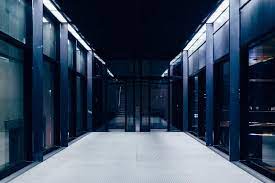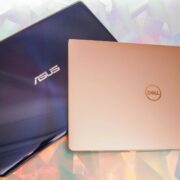Servers are the backbone of modern technology, powering everything from websites and applications to data storage and network management. With various types of servers available, each designed to serve specific purposes, choosing the right one for your needs can be a daunting task. In this blog, we will explore the different types of servers and provide guidance on how to select the perfect server to meet your requirements.
1. Web Servers
Web servers are designed to host websites and serve web pages to users over the internet. They handle HTTP requests from web browsers and respond with the requested content. Apache and Nginx are popular web server software choices known for their reliability and performance.
2. Application Servers
Application servers are responsible for executing applications and managing the communication between the applications and databases. They act as an intermediary layer between the frontend user interface and the backend database, facilitating smooth data exchange.
3. Database Servers
Database servers are optimized for storing and managing vast amounts of data. They provide a secure and organized environment to store data, making it accessible for applications and users. Common database server options include MySQL, Oracle, and Microsoft SQL Server.
4. File Servers
File servers are designed to store and manage files in a centralized location. They allow users to access and share files across a network, enhancing collaboration and data management within an organization.
5. Email Servers
Email servers manage the sending, receiving, and storage of emails. They handle the complexities of email protocols and provide features like mailbox management, spam filtering, and user authentication.
6. Proxy Servers
Proxy servers act as intermediaries between clients and other servers. They improve security and performance by caching frequently accessed content, filtering internet traffic, and providing anonymity for users.
7. Print Servers
Print servers manage and coordinate printing tasks within a network. They allow multiple users to share and access printers efficiently, reducing the need for individual printer connections.
8. Virtualization Servers
Virtualization servers create and manage virtual machines (VMs) that run multiple operating systems on a single physical server. They enable efficient resource utilization and simplify IT infrastructure management.
9. Gaming Servers
Gaming servers host online multiplayer games, allowing players to connect, interact, and play together in real-time. These servers require high-performance hardware to ensure smooth gameplay experiences.
10. DNS Servers
DNS (Domain Name System) servers translate human-readable domain names into IP addresses, enabling users to access websites by typing domain names in their browsers.
11. Cloud Servers
Cloud servers are virtual servers provided by cloud service providers. They offer on-demand scalability, cost-effectiveness, and flexibility, making them popular choices for businesses of all sizes.
12. Choosing the Right Server for Your Needs
Selecting the right server for your needs requires a clear understanding of your organization’s requirements. Consider the following factors:
- Workload: Identify the primary workload the server will handle (e.g., web hosting, application deployment, data storage) to narrow down the suitable server type.
- Performance: Assess the required processing power, memory, and storage capacity to ensure the server can handle your workload efficiently.
- Scalability: Consider future growth and scalability requirements to choose a server that can accommodate expanding needs.
- Budget: Determine your budget and explore options that offer the best performance and features within your financial constraints.
- Management and Support: Evaluate server management tools and the level of technical support provided by the vendor.
- Security: Prioritize security features to safeguard your data and infrastructure against potential threats.
- Reliability: Look for redundant components and reputable vendors known for reliable products.
- Energy Efficiency: Consider the server’s energy consumption to reduce operational costs and promote environmental sustainability.
- Integration: Ensure the server integrates seamlessly into your existing IT infrastructure and supports the required software and applications.
- Cloud vs. On-Premises: Decide whether a cloud-based or on-premises server solution is more suitable for your organization’s needs and preferences.
By understanding the different types of servers and carefully evaluating your requirements, you can make an informed decision and choose the perfect server to power your digital endeavors. Remember that each server type has its unique benefits, so the key lies in selecting the one that aligns perfectly with your organization’s goals and objectives. With the right server in place, you’ll have a strong foundation to support your business growth and success.





















Comments